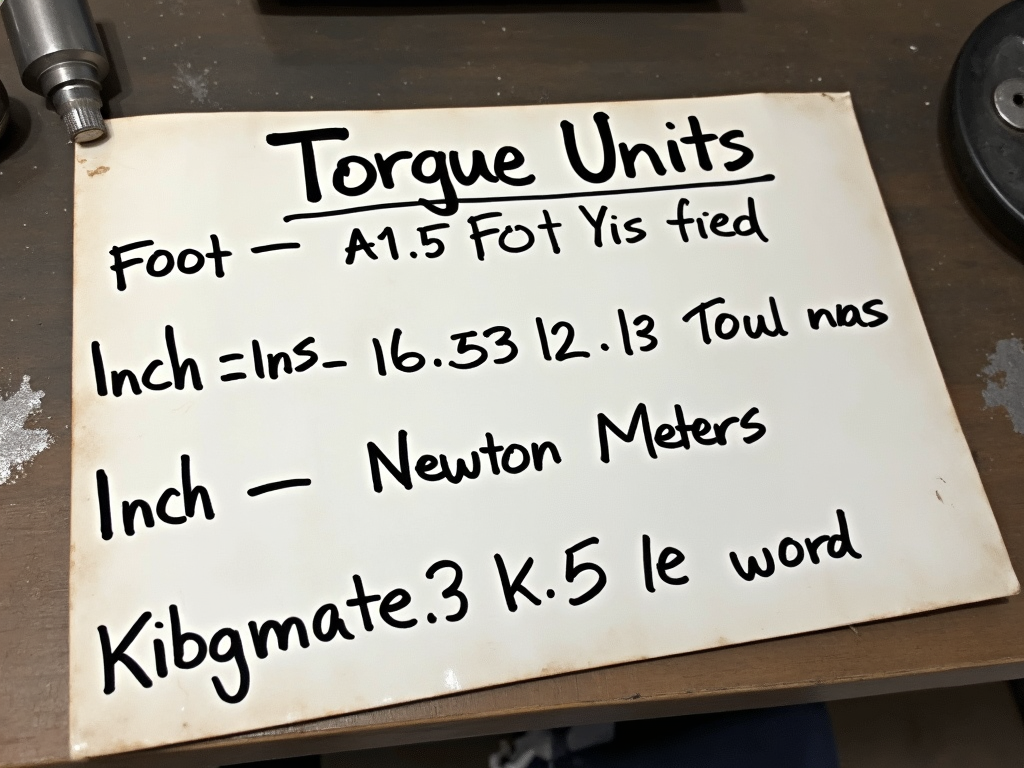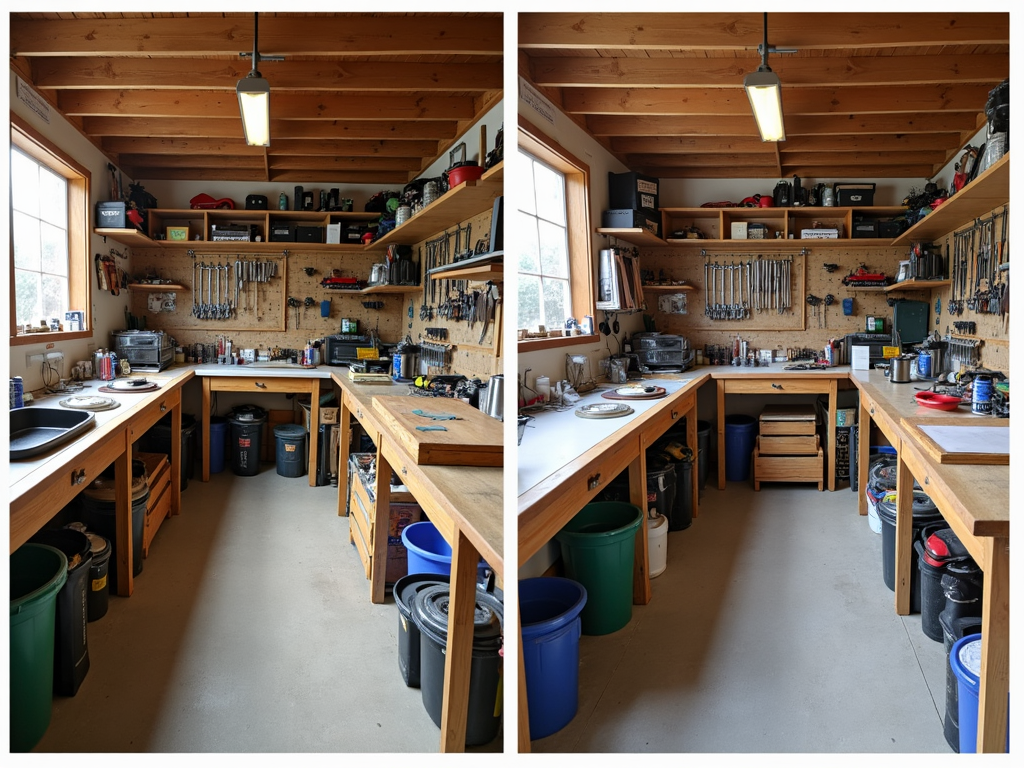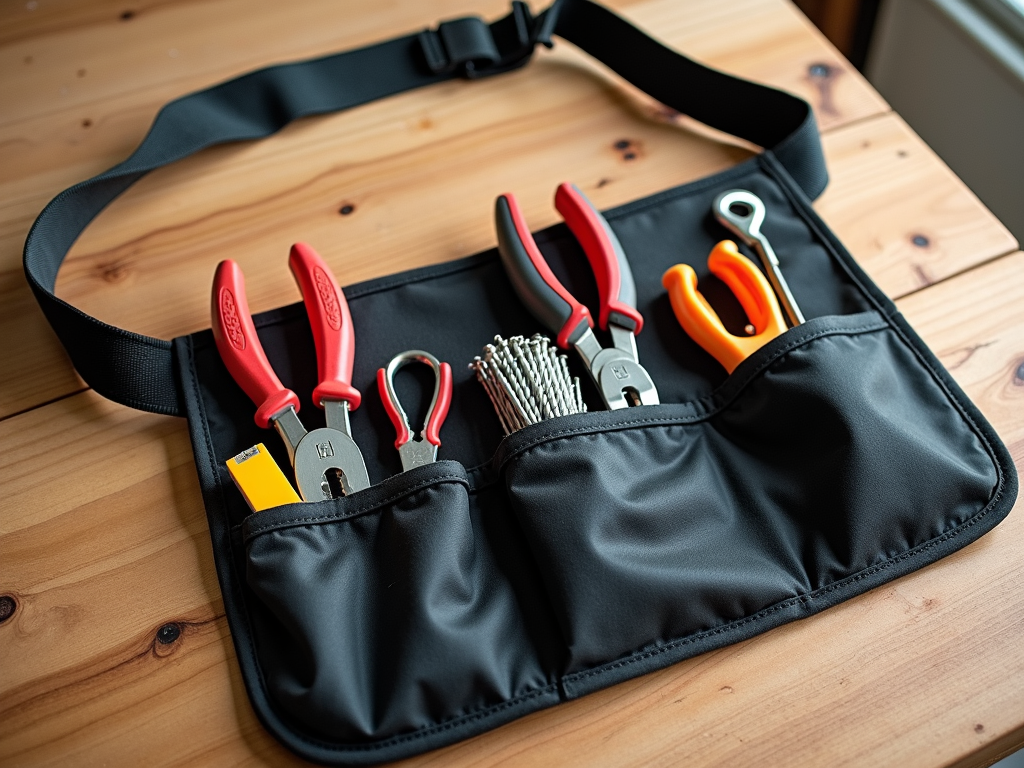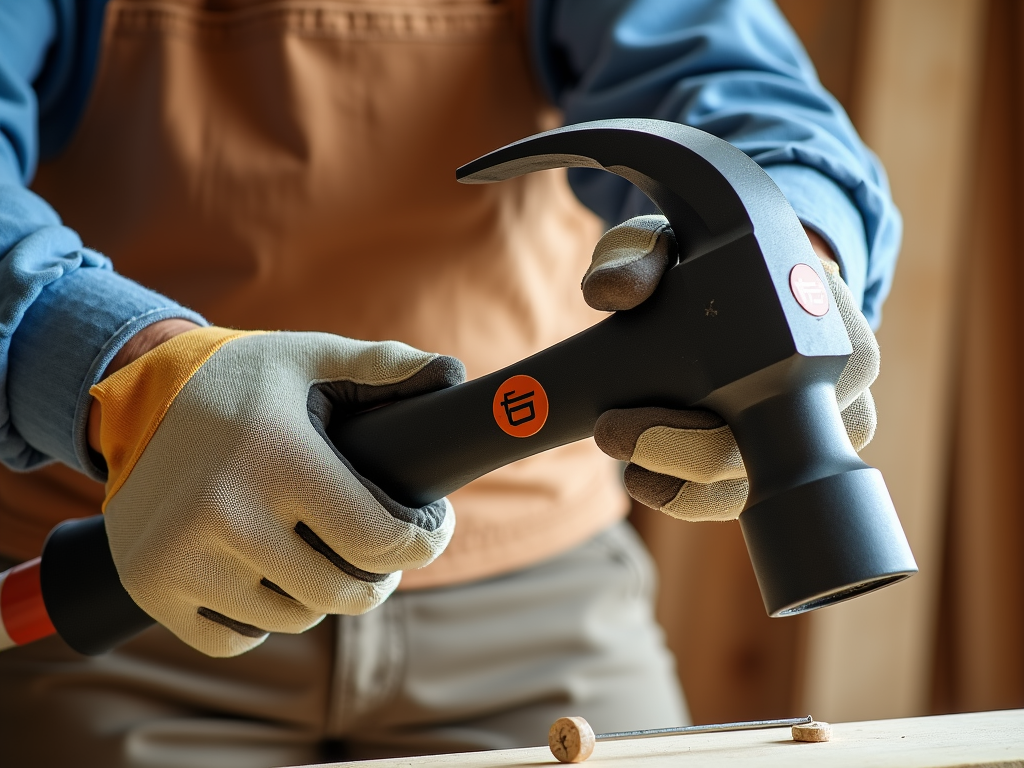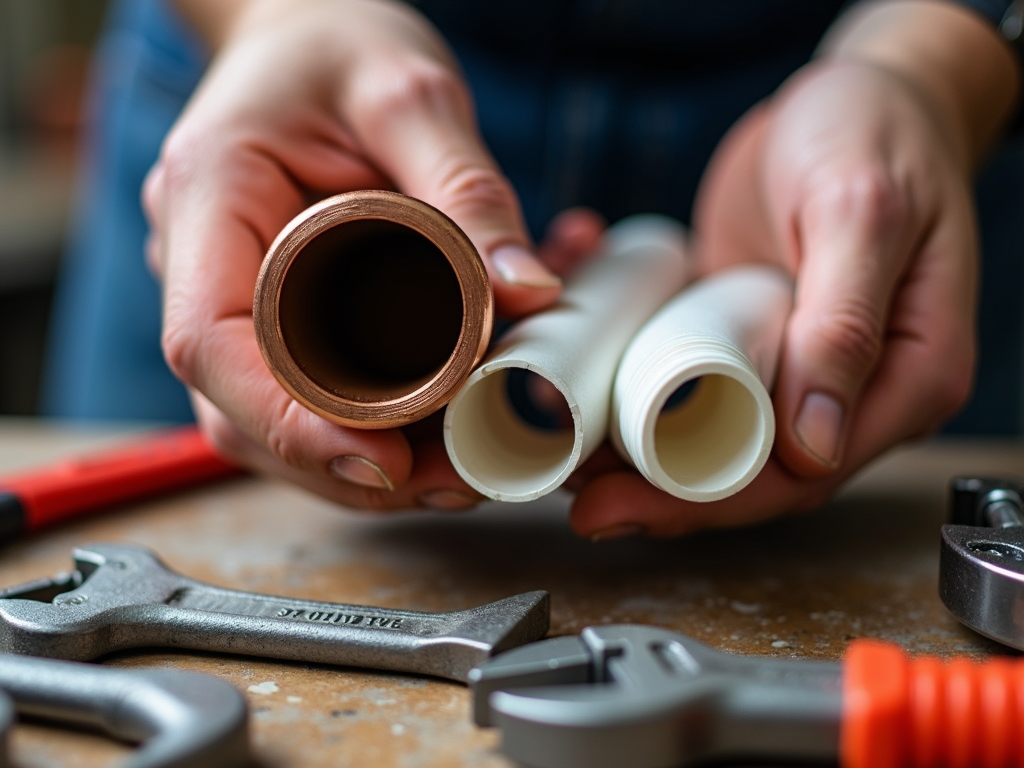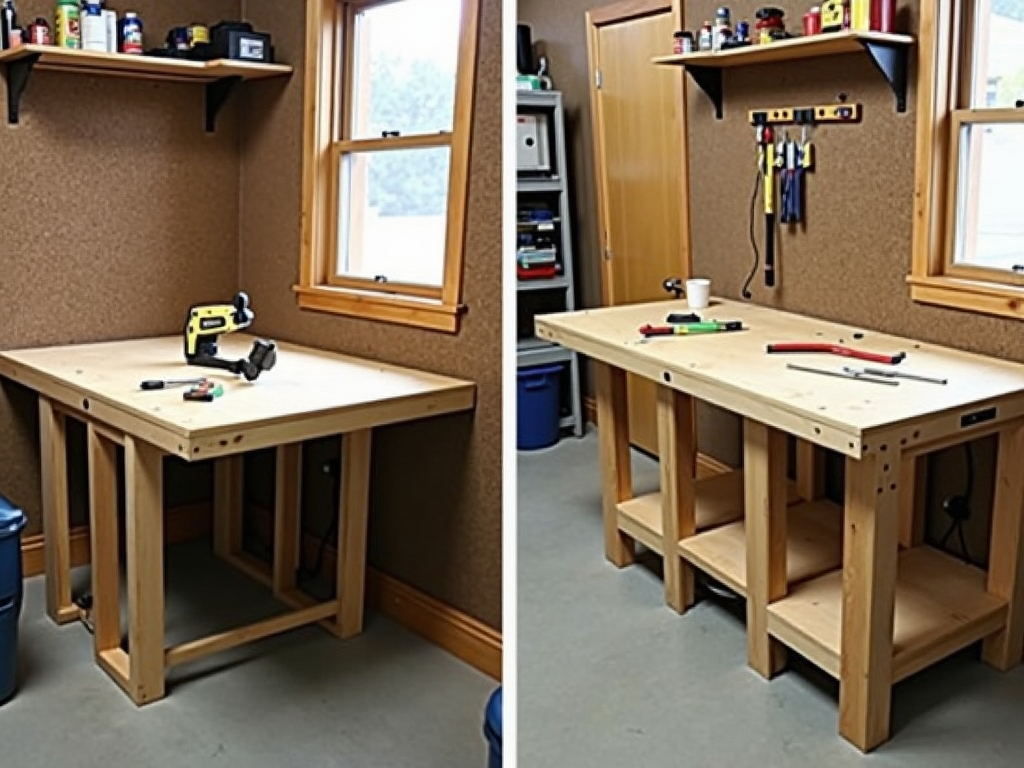Understanding Torque: Essentials for Every Mechanic
Torque is a crucial concept in automotive repair, ensuring that fasteners are tightened to the correct specification. In this article, we'll explore the essentials of torque, from understanding what it is to applying it correctly with the right tools.
What is Torque?
Torque is the twisting force that causes rotation. In automotive repair, it's the force applied to a wrench to tighten or loosen a bolt. Imagine trying to loosen a stubborn bolt with a wrench. The force you apply to the wrench handle, combined with the distance from the bolt, determines the torque you're exerting. In physics, torque is defined as the product of force and the perpendicular distance from the axis of rotation.
Why is Torque Important?
Understanding torque is vital for mechanics because improper torque can lead to serious issues like stripped threads, broken bolts, or even catastrophic failures in crucial components. For instance, if a wheel lug nut is under-torqued, it may become loose while driving, potentially leading to a wheel coming off. Conversely, over-torquing a bolt can damage the threads, rendering it useless. Following manufacturer specifications for torque values is essential to avoid these problems.
How to Measure Torque
Measuring torque accurately is critical for automotive repair. This is where torque wrenches come into play. There are various types of torque wrenches:
- Beam Torque Wrench
Simple and easy to use, this type has a long arm and a scale that measures torque as you apply force.
- Click Torque Wrench
This wrench emits a click sound when the desired torque level is reached, preventing over-tightening.
- Digital Torque Wrench
Provides a digital readout that can be easier to read than a mechanical gauge.
Remember to regularly calibrate and maintain your torque wrenches for accurate measurements and consistent results.
Essential Wrenches for Automotive Repair
Every mechanic should have the following essential wrenches in their toolbox:
| Type of Wrench | Description | Use Cases |
|---|---|---|
| Combination Wrench | A traditional wrench with one end closed (for gripping) and the other end open (for turning). | General use for most fasteners. |
| Socket Wrench | A wrench that uses sockets to fit various bolt sizes. | Especially useful for tight spaces. |
| Adjustable Wrench | A wrench with a movable jaw allowing various sizes. | Versatile, can be used on a range of fasteners. |
| Flare Nut Wrench | Used for turning brake line fittings and similar components. | Ideal for plumbing and brake systems. |
| Crowfoot Wrench | A head that attaches to a ratchet or torque wrench, great for tough spots. | Perfect for tight areas. |
Best Practices for Applying Torque
Applying torque correctly is an art. Here are some best practices: - Select the Right Wrench: Using the appropriate wrench ensures better control and accuracy. - Ensure a Secure Grip: A firm grip helps apply torque smoothly and evenly. - Follow Proper Torque Sequences: For multi-bolt applications (like cylinder heads), always follow the recommended torque sequence. - Apply Force Gradually: Smoothly increasing the force applied helps prevent mistakes.
Common Mistakes and How to Avoid Them
Many mechanics make common mistakes when dealing with torque: - Using the Wrong Torque Value: Always check the manufacturer’s specifications. - Neglecting Thread Lubrication: Thread lubrication can affect torque readings; always follow guidelines. - Failing to Calibrate Torque Wrenches: Regular calibration ensures accurate torque application; don't skip this step!
By being aware of these common pitfalls, you can avoid potential problems in your repair work.
Summary
Understanding and applying torque correctly is vital for successful automotive repairs. From using the right tools to avoiding common mistakes, every mechanic must be well-versed in torque to ensure safety and reliability in automotive repair.
Recommended Readings
- Understanding Torque Specifications
- Types of Torque Wrenches
- Avoiding Common Repair Mistakes
- Advanced Torque Techniques
- Essential Maintenance Tools for Mechanics
Related Understanding Torque: Essentials for Every Mechanic:
- Understanding Torque Specifications: A Comprehensive Guide
- Maximizing Productivity in Small Workshops: A Comprehensive Guide
- The Ultimate Guide to Choosing the Right Tool Belt for You
- The Ultimate Guide to Modern Workman Tools with Ergonomic Design
- Top 5 Multi-Tools Every Craftsman Needs
- Essential Workshop Setup Tips for a Productive and Safe Workspace
- How to Choose the Right Pipe for Your Plumbing Needs
- Case Studies: Successful Implementation of Automation in SMEs
- How to Stay Safe on Construction Sites: Essential Tips
- 10 Space-Saving Storage Solutions for Small Workshops
- Safety Practices in Home Electrical Repairs: A Comprehensive Guide
- Essential Workman Tools for Electricians and Plumbers
